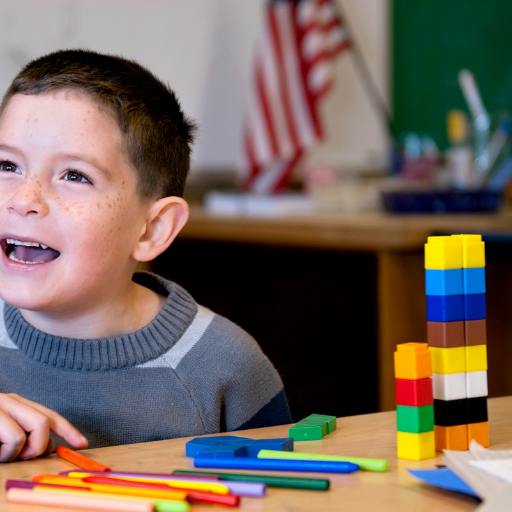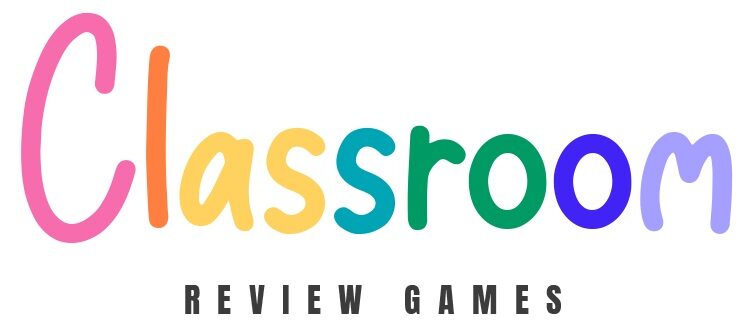Learning Through Play: 7 Fun Activities for Kids
Learning through play activities refer to educational and developmental activities designed for children that incorporate elements of play to facilitate their learning and skill development. These activities are based on the idea that children learn best when they are engaged, active, and having fun. By integrating play into learning experiences, children can acquire new knowledge and skills while enjoying themselves.
1. Building with Construction Toys

Building with construction toys like LEGO or wooden blocks is a fantastic way to promote creativity and fine motor skills in children. To play this activity, start by gathering a variety of construction toys suitable for your child’s age. Create a suitable workspace, such as a table or the floor, and let your child’s imagination take the lead. Encourage them to build whatever they like, whether it’s a house, a tower, a vehicle, or something entirely unique. As they build, they may encounter challenges, such as balancing structures or figuring out how to connect pieces, which can be excellent opportunities for problem-solving and experimentation. Join in the fun, collaborate with your child, and celebrate their creativity once their creation is complete.
2. Pretend Play
Pretend play involves the imaginative act of taking on different roles and scenarios. To engage in pretend play, start by choosing a theme or scenario, such as playing house, going on a safari, or running a restaurant. Gather props or costumes related to the chosen theme, whether they are household items or dedicated pretend play sets. Assign roles to participants, including family members, friends, or even stuffed animals, and encourage your child to take on various characters and roles. Let their imagination guide the creation of a storyline, and as they act out scenes, they can improvise and adapt the narrative. Pretend play encourages conversation, cooperation, and the sharing of ideas among participants, similar to the kinds of activities children enjoy at raising stars childcare centres. After the play session, reflect on the story’s events and discuss what aspects they enjoyed, allowing for future exploration in subsequent pretend play sessions.
3. Outdoor Play
Outdoor play involves children exploring nature, engaging in physical activities, and enjoying fresh air. To engage in this activity, take your child outdoors to a suitable play area, such as a park or your backyard. Encourage them to explore their surroundings, whether it’s through hiking, climbing, running, or simply observing nature. Outdoor play allows children to engage in physical activity, which is essential for their health and well-being. It also provides opportunities for them to appreciate the natural world, learn about plants and animals, and develop their sensory awareness. Whether they are playing sports, building with natural materials, or simply enjoying the freedom of outdoor spaces, outdoor play contributes to their physical, cognitive, and emotional development.
4. Board Games and Card Games
Board games and card games are excellent for promoting strategic thinking and problem-solving skills in children. To play these games, select age-appropriate games that match your child’s interests and abilities. Gather all necessary game components and set up the game according to the rules. Depending on the game, you might compete against your child or play collaboratively. Teach them the rules, and as you play together, encourage critical thinking, decision-making, and planning. Board games and card games provide opportunities for bonding and friendly competition. After the game, discuss strategies used, celebrate successes, and learn from challenges to improve their skills over time.
5. Art and Craft Projects
Art and craft projects nurture creativity, fine motor skills, and self-expression in children. To engage in this activity, provide a variety of art supplies such as paper, crayons, markers, colored pencils, scissors, glue, and a selection of craft materials like beads, yarn, or buttons. Let your child choose their project or suggest a simple one based on their interests. Encourage them to explore different techniques, colors, and textures as they create their artwork or craft. Offer guidance when needed, but allow them to express themselves freely. Art and craft projects can be a solo activity or a collaborative one, depending on your child’s preferences. Display their creations proudly, and discuss what inspired their work.
6. Storytelling and Reading
Storytelling and reading are powerful tools for language development and imagination. To engage in this activity, select age-appropriate books that capture your child’s interest. Find a quiet and comfortable space to sit and read together. Encourage your child to participate by asking questions, making predictions, or even taking turns reading parts of the story if they are capable. After reading, engage in discussions about the story’s characters, plot, and moral lessons. To foster storytelling skills, take turns creating your own stories or expanding upon the book’s narrative. Allow your child’s imagination to soar as they invent new characters and adventures. Storytelling and reading together not only enhance language skills but also create cherished bonding moments.
7. Science Experiments and Hands-On Investigations
Science experiments and hands-on investigations promote curiosity, critical thinking, and a love for learning in children. To engage in this activity, select simple and safe science experiments or investigation ideas suitable for your child’s age. Gather the necessary materials and set up a designated exploration area, whether it’s in the kitchen, the backyard, or a science-themed play area. Follow the instructions for the chosen experiment or investigation, explaining the scientific concepts involved. Encourage your child to observe, ask questions, make predictions, and record their findings. Discuss the results and the “why” behind what happened. Science experiments and hands-on investigations provide opportunities for discovery and a deeper understanding of the natural world, sparking a lifelong interest in science.
